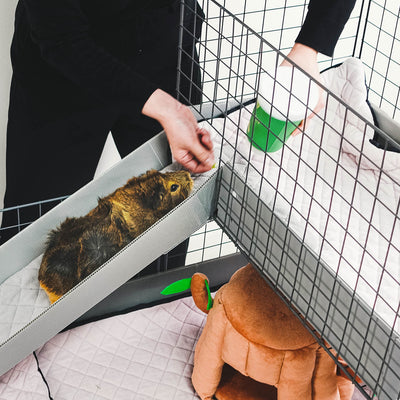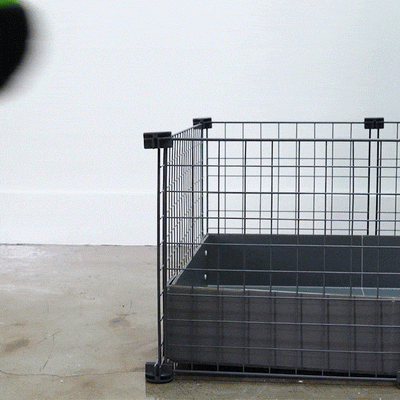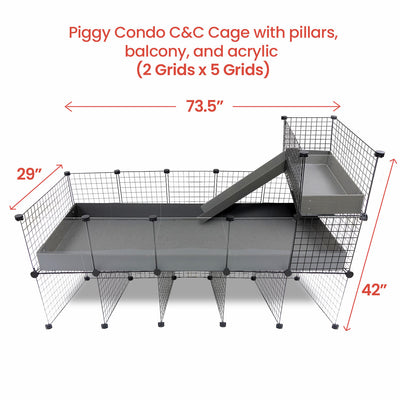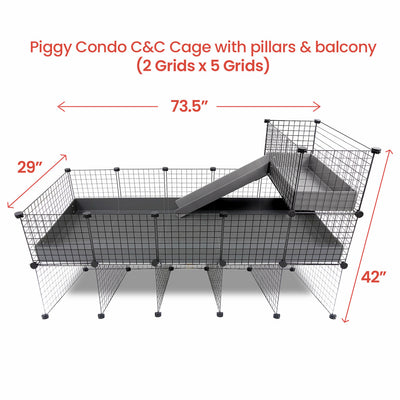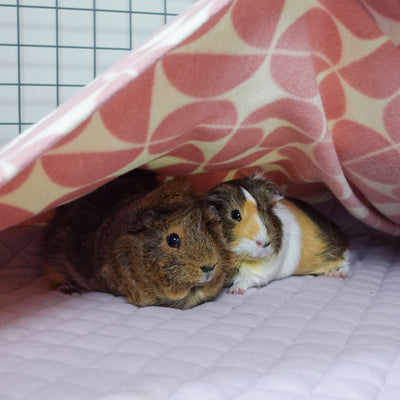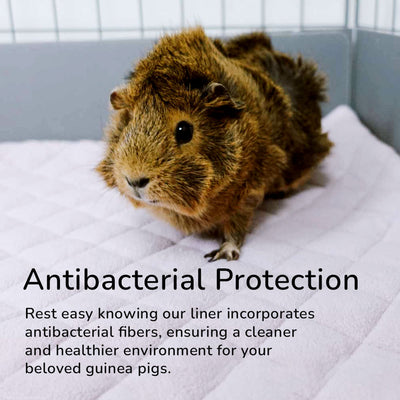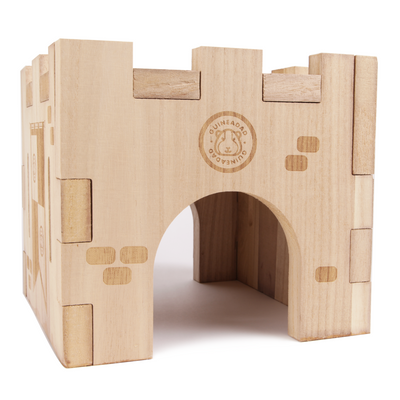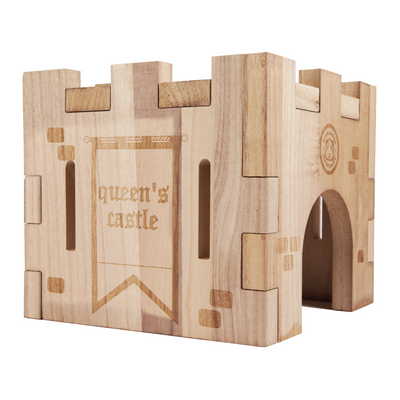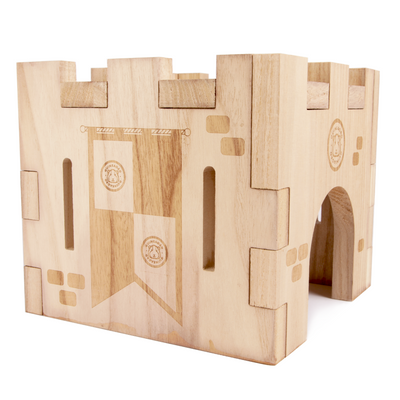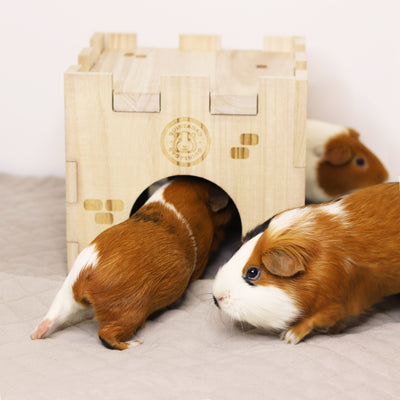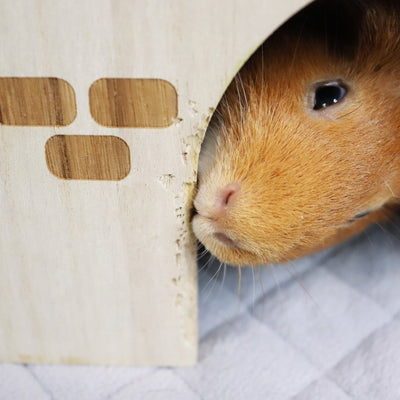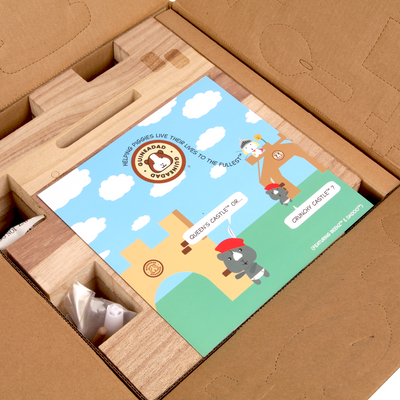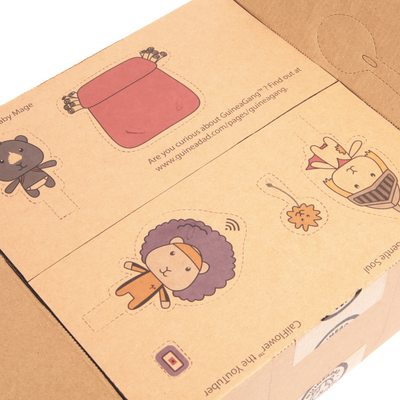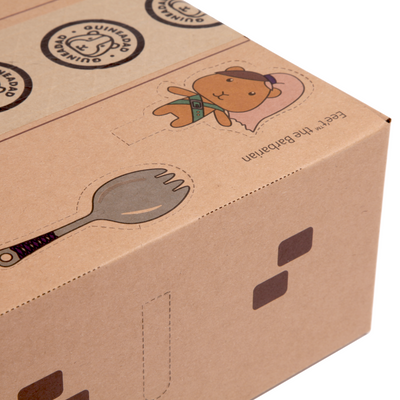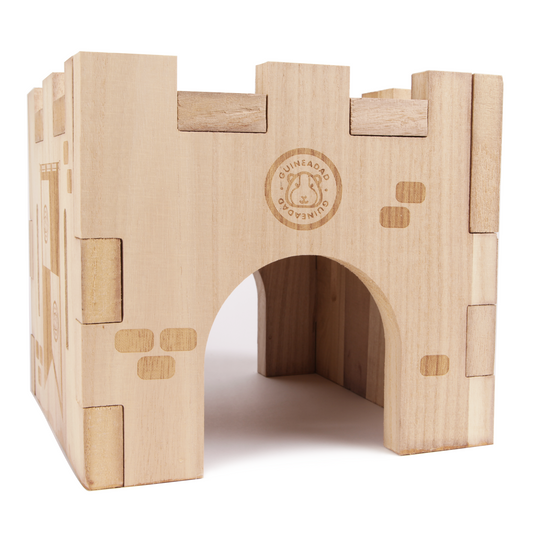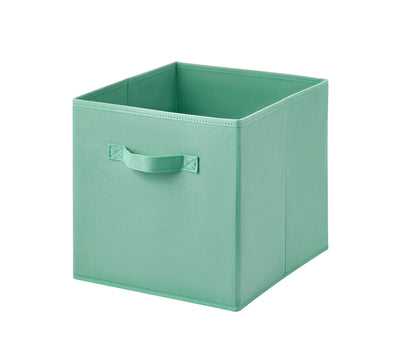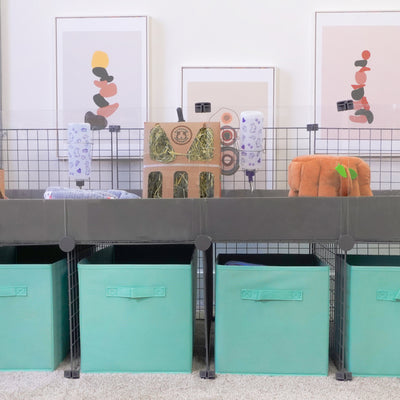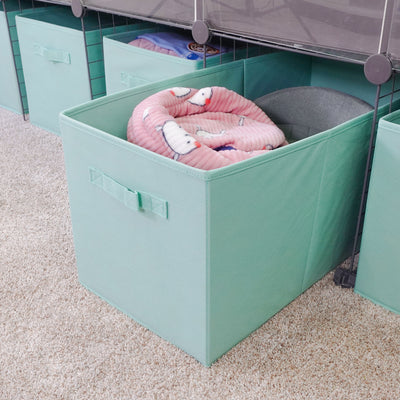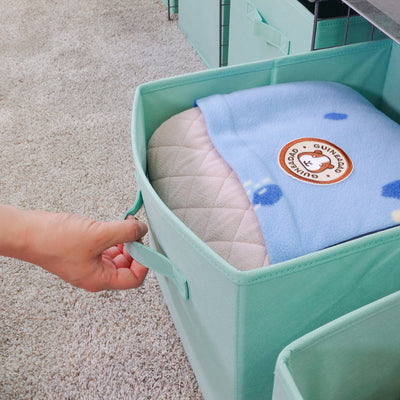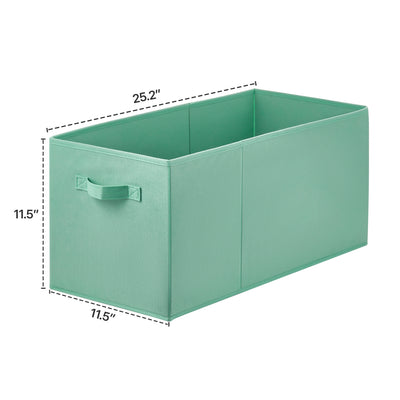Guinea pigs are very social animals and love companionship, but should they be kept with ferrets? Unfortunately, they shouldn’t be allowed to live together due to a multitude of reasons having to do with differences in guinea pig and ferret behavior, contrasting dietary needs, and other factors that make them unideal housemates.
Generally, guinea pigs and ferrets have different communication methods, which means they wouldn’t even be able to talk to each other or understand each other on that basic level.
Origins of ferrets
Ferrets were domesticated some 2,500 years ago and were originally used to hunt down rabbits and other rodents considered pests. They were particularly helpful when it came to this because of the fact that they could easily squeeze into the homes of other small animals and get them out. For a while in the US, they were also used to protect stored grain supplies from other rodents up until the start of World War II.
Differences in diet
Guinea pigs are herbivores! The most common guinea pig diet is hay, water, pellets, with some vegetables and some fruit. Meanwhile, ferrets are fully carnivores and eat meat, organs, and bones. In the wild, they’ll eat up to one hundred prairie dogs in a year! They are regarded as predators that kill smaller animals such as rats, mice, rabbits, birds, and even reptiles, and are very likely to kill guinea pigs when given the chance because of the size difference.

Differences in temperament
As most guinea pig parents know, guinea pigs are very anxious, nervous animals that are very easily scared. This comes from the fact that guinea pigs are naturally prey animals that are always alert and keeping an eye on their surroundings. This is also the reason why it is better for them to live in herds or groups, so they’re able to keep each other safe and look out for one another. The reassurance that they get from their fellow piggies is part of what makes them thrive when living together.
Ferrets, on the other hand, are animals that tend to live alone in the wild and only come together during mating season, or when a female ferret is caring for her young. It is said that ferrets can enjoy the company of others, but it’s important to remember that ferrets are predators, so smaller pets would not be good companions for them because there’s a risk that ferrets succumb to their natural instincts and attack these other animals they’re paired with.
Differences in communication
Guinea pigs are quite vocal with each other, and with you! They make different sounds in order to communicate how they’re feeling, which you can read about here. As piggy parents, it’s important to learn what each of the piggies’ sounds mean in order to be able to better understand them and give them the best care that you’re able to.
When it comes to ferrets and their communication style, they’re vocal as well, but the sounds they make are different from the ones guinea pigs make, and if you have these animals near each other, it can be difficult for them to understand each other and what they’re trying to convey. In some ways, a sound from one animal that is meant to be non-threatening could be interpreted as the complete opposite of that by the other. This can inevitably lead to conflict that can turn violent, which will end badly for your guinea pigs since they’re so much smaller and aren’t able to defend themselves.
Ferrets carry a lot of harmful diseases
The diseases are harmful not just to your guinea pigs, but to you as well! Ferrets carry campylobacteriosis, cheyletiellosis, giardiasis, influenza, rabies, ringworm, and salmonella. Many of these listed here are fungal infections of the skin, which guinea pigs are quite susceptible to in the first place—it can be extremely uncomfortable, and in some cases, painful for them.
Other diseases in that list are transmitted through contact with infected feces of ferrets without proper sanitation afterwards. It causes painful digestive issues and overall pain in the abdominal region.
If you really want to own ferrets and guinea pigs…
While it’d be ideal not to have guinea pigs and ferrets in the same household, if you really, really want to own both, there are some guidelines that you should follow in order to avoid conflicts and to keep your guinea pigs safe. (And keep in mind, it's illegal in some states in the US to keep ferrets as pets!)
Your furry friends should be kept in completely separate areas of the house. This is to keep the ferrets from being able to access the guinea pigs and their cage. Physically separating them is the first step in keeping your piggies safe.
It’s also important to prevent the animals from catching each other’s scents, so they can be clueless of each other’s presence if possible. This isn’t a perfect measure to take, but it can help! Some even recommend changing your clothes after handling each animal, but that can be a bit tiresome after a while!
In general, if you’ve got other animals in the house that are roaming around your house pretty freely, we recommend having something to put on the top of the cage to remove access from other pets in your home that might harm your piggies. It’s a good preventative measure even if you think that your pets would never hurt another animal.
No matter how gentle or docile your animals may seem, there is always the risk that they will act based on their primal instincts, and we want to make sure that you do whatever possible to keep all your animals safe.
Guinea pigs belong with guinea pigs!
In virtually all situations, animals are better off when they’re around their own kind, because they’re able to look after each other and feel safe. The risks of them hurting each other are low, and they’re able to form deeper bonds because at the most basic level, they’re able to understand each other and the ways they communicate.
If you choose to have other animals around your guinea pigs, please take the necessary precautions to keep them safe and comfortable!










